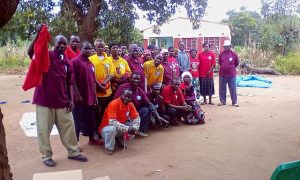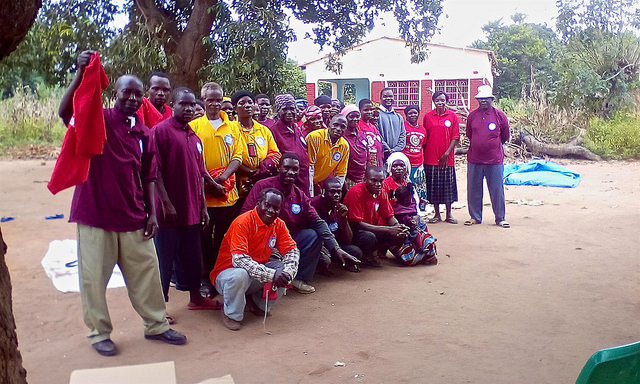
Malawi was originally heavily forested. As the population continues to grow there is increased demand for wood. Wood remains the main fuel and 95% of Malawi households still use wood for cooking. Even the bricks of a home need a great deal of wood to fire the bricks. Additionally, previously forested land is being destroyed and replaced with farmland, with a growing population in desperate need of more land for food production. These trees are not replaced at the same rate as they are cut. According to the Food and Agricultural Organization of the United Nations (FAO) forest cover in 2010 spiralled downward to 34.4%, a drop from 41.4% in 1990 (UN data 2010). Today, one can easily see the drop continuing at a serious rate.
It can be said, “small thoughts can change negatives into positives”. With simple items like shoes as a reward for planting tree seedlings more and more seedlings are being planted. Forestland is being returned. Through the “Shoes for Trees” program put in place a number of years ago by the Malawi Project, and working in partnership with the Namikango Mission, Malawi Forestry Department in Zomba, World Emergency Relief, Universal Aide, and villages in Malawi a visible difference in the land is being made.
Tembo concludes, “Today I visited the area were we planted trees near Zomba. Together with the Forestry Department’s personnel and Forest Committee members we toured three areas where forests have been formed. The trees have grown. The soil is being conserved. People are happy with the new environment. It does not always require big things to make big impact; it often needs only neat ideas and cooperation.”

